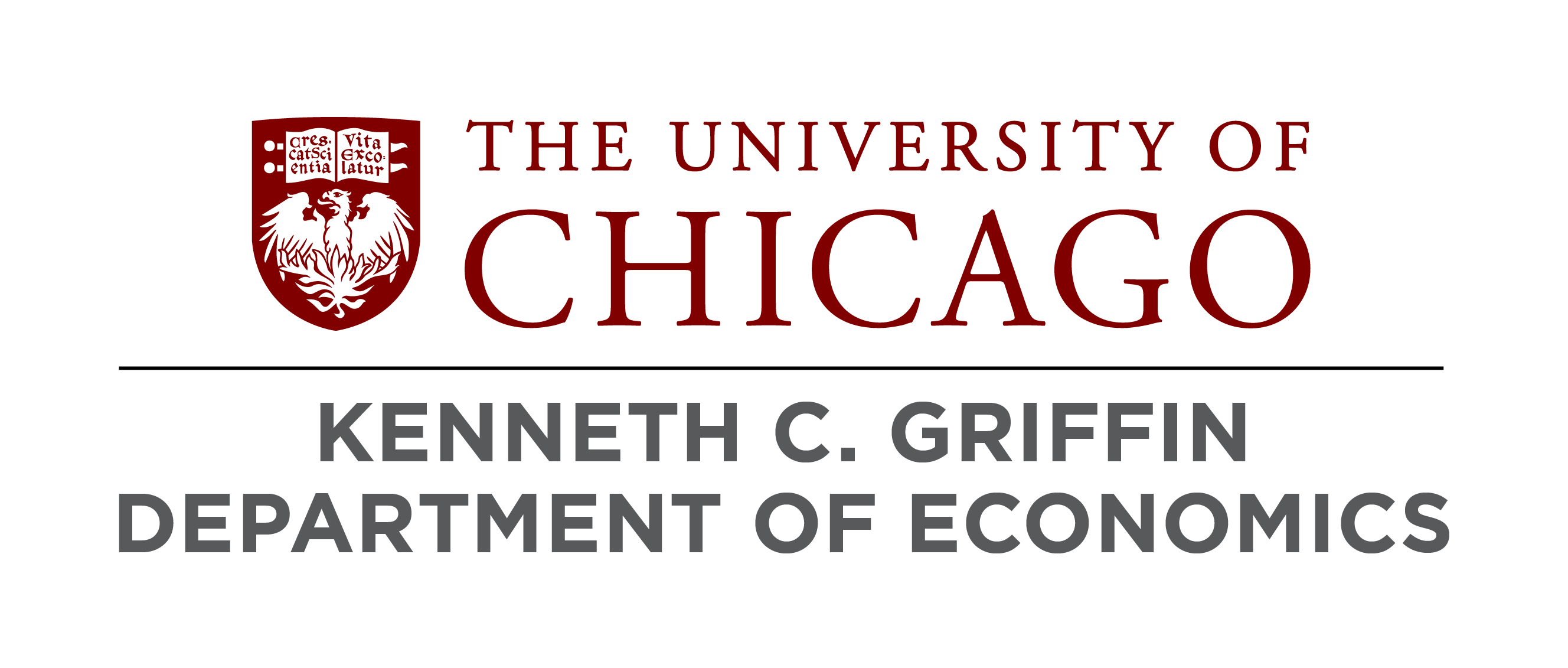IN MEMORIAM, ROBERT E. LUCAS, JR. (1937 - 2023)
PUBLISHED ON MAY 15, 2023
A Message from Department Chair, Robert Shimer, in remembrance of Robert E. Lucas, Jr.
"Bob leaves behind a legacy of revolutionary research, teaching, and leadership that transformed the field of economics and this department. He received his B.A. in 1959 and his Ph.D. in 1964, both from the University of Chicago. After spending 11 years at the Carnegie Institute of Technology (later Carnegie Mellon University), he returned to the University of Chicago in 1975 and has remained here ever since, most recently as the John Dewey Distinguished Service Professor Emeritus in Economics and the College. In 2016, Bob was awarded the Phoenix Prize, the highest honor the Division of Social Sciences can bestow, given only periodically to those who 'through the course of their careers, have changed the trajectory of research in the social sciences and have thus contributed to the cycle of intellectual renewal across the disciplines.'
It is impossible to overstate Bob’s influence on macroeconomics. At the start of his career, he developed a dynamic theory of labor supply with Leonard Rapping. This approach is now a workhorse in modern macroeconomics. He then began his revolutionary work on the implications of rational expectations for macroeconomics. Most famously, he used rational expectations to develop a theory of inflation, in which policy makers can reduce unemployment in the short run through expansionary monetary policy, but cannot affect the long-run-average unemployment rate, the so-called Lucas islands model. In 1995, he was awarded the Nobel Prize for this pathbreaking research. He followed this up with the Lucas critique, simultaneously criticizing existing empirical macroeconomics and opening the door to revamping this area. He also developed the modern theory of investment with Edward Prescott, and a related theory of equilibrium unemployment. His foundational theory of asset prices gave rise to the Lucas Tree. His work on the theory of the firm lead to the Lucas span-of-control. His research on fiscal policy with Nancy Stokey remains a touchstone of that literature. His calculation of the cost of business cycles and the cost of inflation are fundamental to the modern view of which issues are of greatest macroeconomic importance.
When Bob turned his attention to long-run growth, he developed a fundamental theory of income differences across countries sustained by learning from others, a theme that he pursued through much of his later research. His work on menu cost models with Mikhail Golosov is central to the modern literature on the real effects of monetary policy. His work on urban economics with Esteban Rossi-Hansberg is foundational in the modern literature on spatial economics. His work on international trade with Fernando Alvarez brought that theory into a general equilibrium of the global economy. And his treatise Recursive Methods in Economic Dynamics with Nancy Stokey and Edward Prescott is widely taught in Ph.D. macroeconomics courses and remains the go-to reference for everyone working on dynamic economic problems."
 THE UNIVERSITY OF CHICAGO
THE UNIVERSITY OF CHICAGO

